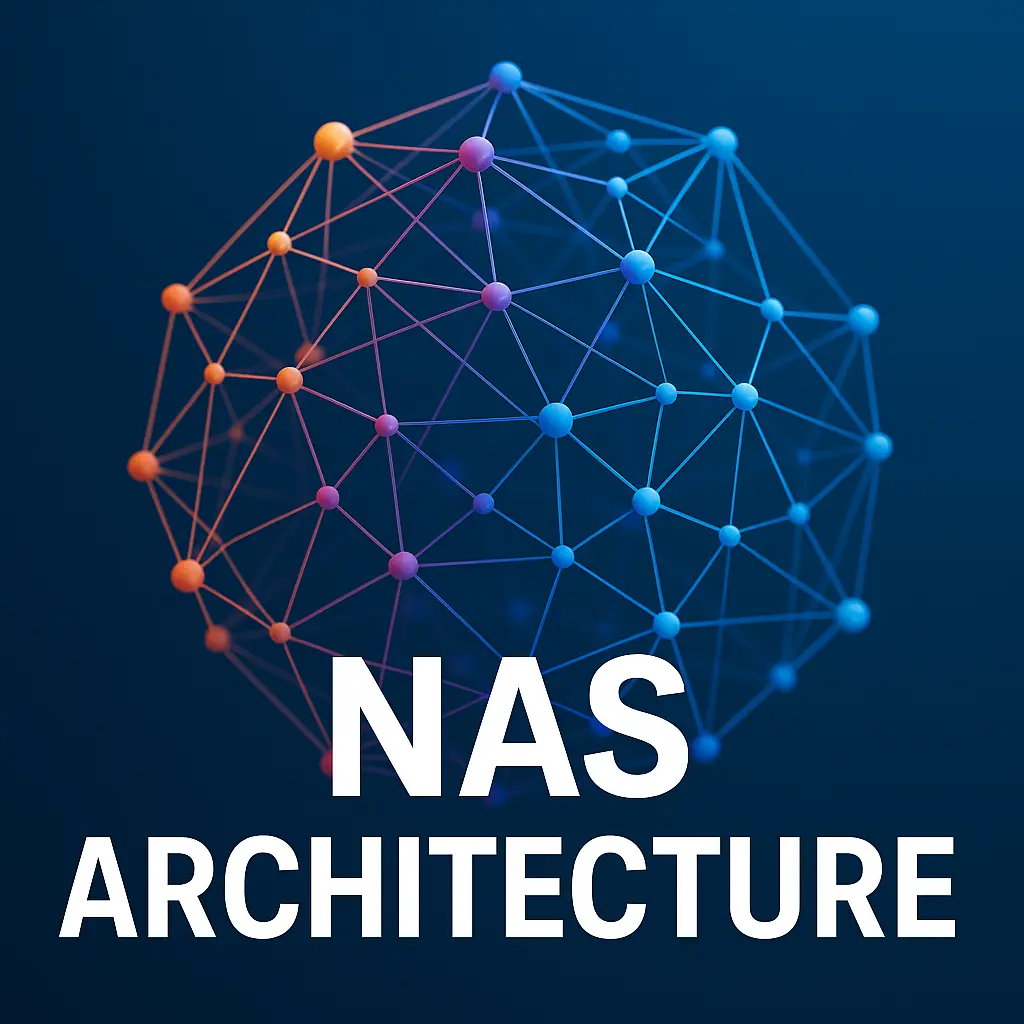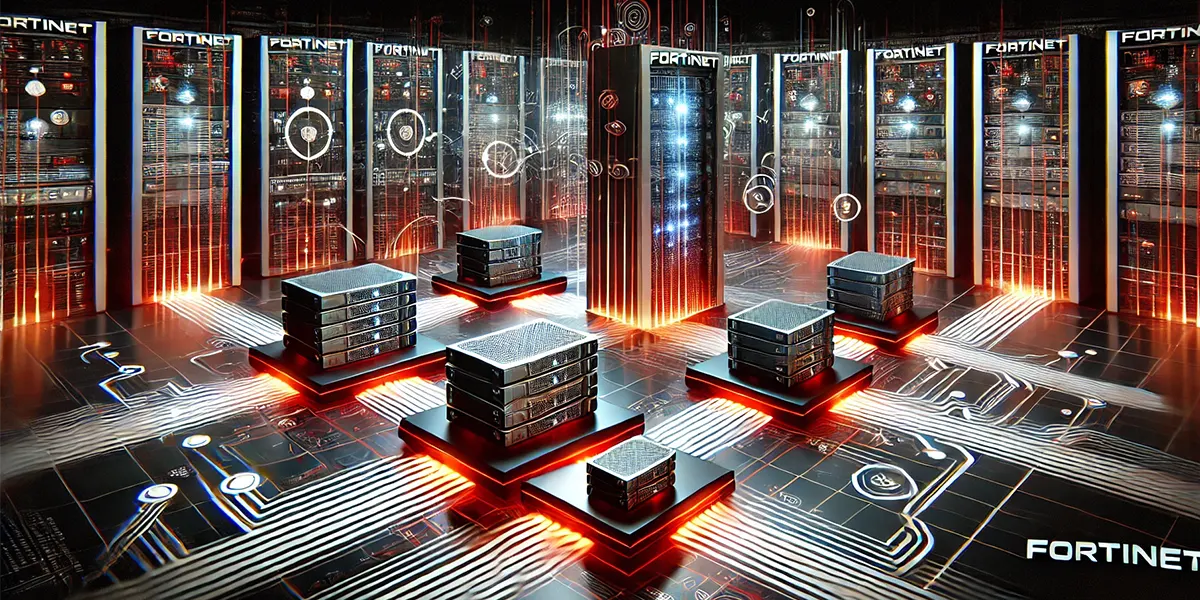Comprehensive Guide to Fortinet Firewall Types
Fortinet Firewall Types are designed to address the diverse security needs of businesses, ranging from small enterprises to large organizations.
These firewalls, powered by the advanced FortiOS operating system, provide a comprehensive suite of security features, including firewall, intrusion prevention (IPS), antivirus, and web filtering, all in a unified platform.
Fortinet offers various models, including entry-level appliances for branch offices, high-performance firewalls for data centers, and virtual and cloud-based solutions for hybrid environments.
Each type integrates seamlessly with the Fortinet Security Fabric, ensuring centralized management, enhanced visibility, and robust threat protection across the entire network.
This versatility allows organizations to scale their security solutions according to their specific requirements while maintaining top-notch performance and reliability.
See all Fortinet Firewalls Models
Types of Fortinet Firewalls
- Hardware-based firewalls (FortiGate)
- Virtual firewalls (FortiGate-VM)
- Cloud-based firewalls (FortiGate-Cloud)
When it comes to network security, Fortinet Firewall Types offer a range of solutions to cater to diverse organizational needs. The variety of Fortinet Firewall Types includes hardware-based firewalls, such as FortiGate, which provide robust protection against threats.
In addition to hardware-based solutions, Fortinet Firewall Types also encompass virtual firewalls, specifically FortiGate-VM, designed to safeguard virtual environments.
Furthermore, cloud-based firewalls, namely FortiGate-Cloud, are another type of Fortinet Firewall Types, enabling organizations to secure their cloud infrastructure effectively.
By understanding the different Fortinet Firewall Types, businesses can make informed decisions about their security infrastructure and choose the most suitable option to protect their networks from evolving threats.
1. FortiGate Next-Generation Firewalls (NGFWs): Core Security Solution
FortiGate firewalls are the cornerstone of Fortinet’s security offerings, providing robust protection for networks of all sizes. These firewalls are built on the FortiOS operating system and integrate seamlessly with the Fortinet Security Fabric.
NGFWs go beyond traditional firewalls by incorporating deep packet inspection, application-level traffic control, and advanced threat prevention. Fortinet’s NGFWs are recognized for their high performance and reliability.
Key Features:
- Advanced Threat Protection: Advanced Threat Protection (ATP) with AI-driven detection
- Unified Security: Application control, intrusion prevention (IPS), and malware protection.
- Integrated SD-WAN: Optimized connectivity for distributed networks.
- VPN: (IPsec/SSL) and secure remote access.
- Deep Inspection: Analyze traffic at the application layer.
- Centralized Management: Simplified policy management through FortiManager.
Example Models:
- FortiGate Entry-Level : Ideal for small offices or remote branches. (e.g., FortiGate 40F, 60F)
- FortiGate Mid-Range : Suited for medium-sized businesses with moderate traffic demands. (e.g., FortiGate 200F, 400F)
- FortiGate High-End : Designed for enterprises and data centers requiring high throughput and advanced capabilities. (e.g., FortiGate 1000F, 3000F)
Use Case
- Enterprises requiring high-performance security for mission-critical applications.
- Organizations adopting hybrid cloud environments.
Contact with Dubai FortiGate Distributor
2. FortiGate Secure SD-WAN:
Focused on combining security and SD-WAN capabilities into a single solution, enabling businesses to securely connect branch offices.
Use Cases:
- WAN optimization with integrated security.
- Simplified management for distributed networks.
- Application routing and traffic shaping.
3. FortiGate Cloud Firewalls:
Virtualized firewalls for cloud environments.
Key Features:
- Available for all major cloud platforms, including AWS, Azure, and Google Cloud.
- Scalable and flexible deployment in hybrid or multi-cloud setups.
- Virtual NGFW capabilities with secure connectivity.
Example Products:
- FortiGate-VM (Virtual Machines).
- FortiGate Cloud-native firewalls.
4. FortiGate Rugged Firewalls:
Built for industrial environments, these firewalls are hardened to withstand harsh conditions.
Key Features:
- Designed for SCADA and ICS environments.
- Wide temperature and vibration resistance.
- Compact form factor for industrial setups.
Example Models:
- FortiGate Rugged 30D, 60F.
5. FortiGate Carrier-Grade Firewalls:
High-performance firewalls tailored for telecom and service providers.
Key Features:
- Carrier-grade NAT and high session scalability.
- Protection for mobile core networks and signaling security.
- High throughput to handle telecom-level traffic loads.
Example Models:
- FortiGate 7000 series.
6. FortiGate ZTNA Edition:
These firewalls are optimized for Zero Trust Network Access (ZTNA), providing advanced user access controls.
Key Features:
- Continuous verification of user/device identity.
- Granular access based on application.
- Better security for hybrid work environments.
7. FortiWiFi:
Integrated firewall and wireless access point solutions for small offices.
Key Features:
- Combines FortiGate NGFW capabilities with WiFi connectivity.
- Simplified deployment and management.
Example Models:
List of Firewall Partner & Distributor in Dubai, UAE
Conclusion
In conclusion, a comprehensive review of Fortinet firewall types reveals a diverse array of solutions tailored to meet the unique needs of various organizations.
By recapitulating the distinct applications of each Fortinet firewall type, it becomes evident that these security solutions are designed to safeguard networks from an extensive range of threats.
The Fortinet firewall types, including the FortiGate series, comprise a robust portfolio that caters to the requirements of small to large-scale enterprises, ensuring the protection of network infrastructure and data.
Furthermore, the adaptability of Fortinet firewall types to integrate with existing security architectures underscores their versatility, making them an essential component in the arsenal of cybersecurity measures.
Ultimately, the utilization of Fortinet firewall types is crucial in fortifying network defenses and mitigating potential vulnerabilities, thereby ensuring the continuity and integrity of business operations.






One Response
The Fortinet firewall series offers a range of options, including the FortiGate, FortiWiFi, and FortiMail, each designed to cater to specific security needs and network environments.